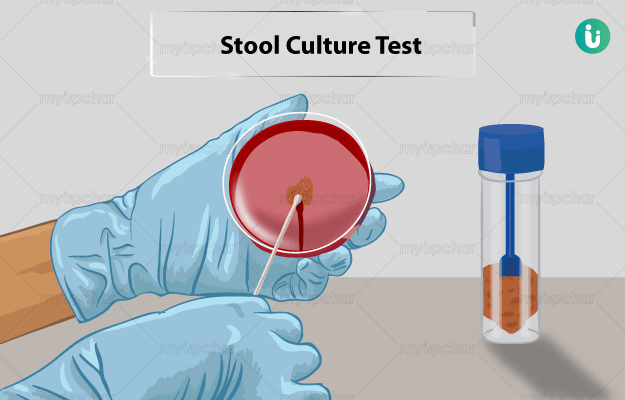What is a stool culture test?
Stool culture test also referred to as stool test, identifies the presence of disease-causing bacteria, viruses and other organisms present in a stool sample. In this test, stools are collected in a container that contains nutrients for the growth of bacteria and other microorganisms. Once microbial growth occurs, the sample is observed under a microscope or a chemical test is performed to check for the growth of microorganisms.
Some tests commonly recommended with stool culture include gram stain, blood culture, Clostridium difficile and blood tests.
Additionally, tests like abdominal imaging tests like ultrasound and computed tomography (CT) scan, urine culture test, viral antigen stool test and contrast enema test are recommended along with the stool culture test to rule out conditions like inflammation of the appendix and infection of the urinary tract.






























